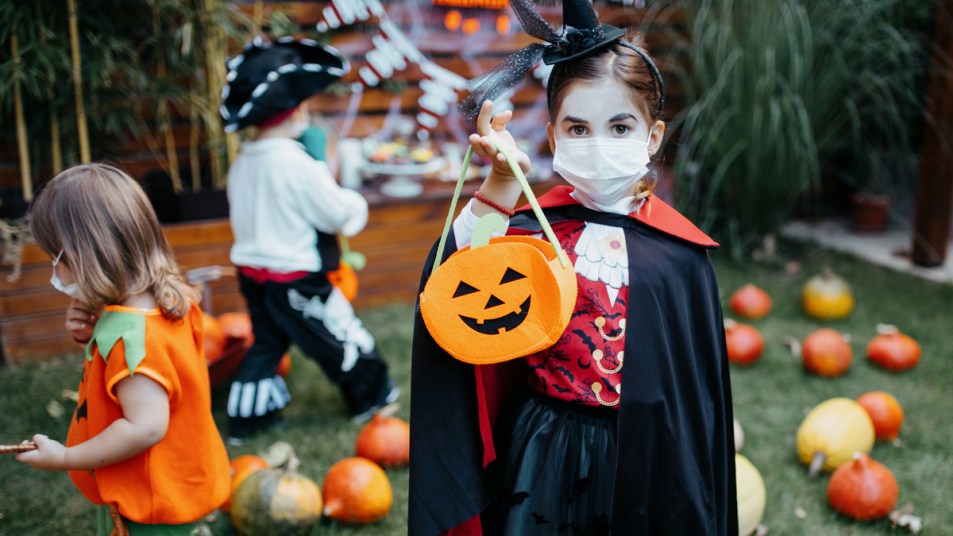Could COVID-19 Cancel This Year’s Halloween?

Halloween comes up every summer. However, COVID-19 is a terrifying threat that looms over Halloween this year. While nearly three months away, Halloween costume design and candy boxes are making their way through store shelves. And the Parenting community members weigh in on whether little comic book heroes, fuzzy creatures, or pint-sized witches and goblins will be out this year for this occasion.
And if we continuously say, “Use your face mask; always avoid touching your nose and eyes; your sanitizer should always be with you; wash your hand always, and so on, Halloween would be way less fun with all these directives.” So, there is a concern about whether Halloween would still hold or not.
The Upside of Fear
According to a 2018 Value Village poll, a whopping 44 percent of Canadians said Halloween is their favorite holiday, while HalloweenCostumes.com’s opinions have revealed that the average Canadian spends $100 to $200 on Halloween. It turns out it’s not just about the thrills and chills, it’s safe to be scared and to live with it, says sociologist Margee Kerr, who studies fear.
She further said that things are so unpredictable and feel so out of balance. When we get through this, that widespread feeling of ‘Hey, I’ve experienced fear on my own terms’ could exist.” Her work shows that after doing something frightening, people experience a sort of high, along with long-lasting boosts to self-awareness and trust. Fear is a beautiful reminder of what we should do, “Kerr, a part-time faculty member who resides in Denver and work at the University of Pittsburgh.
We have previously been caught up in societal fears in situations such as these, says Kerr, who grew up in the ’80s when tales of razor blades and “stranger danger” were rampant in candy. Nevertheless, the quintessential tradition and the occasion itself have endured, says Kerr, as it is all about pretending to be emotional.
She suggests accepting the force of a Halloween pandemic by integrating masks into costumes and making the hand sanitizer act as a healing potion or repellant for COVID-19 monsters. Holding on to traditions can provide comfort and hope in times of distress, so Kerr hopes people will find ways to celebrate Halloween in a way that feels secure.
New Traditions
Amusements parks remain closed in many parts of the world, and some haunted attractions and pumpkin patches may also be shuttered, or provide fewer activities. Knott’s Berry Farm and Disney theme parks in the U.S. canceled their Halloween activities, and Canada’s Wonderland, which generally comes up every October, is still not permitted to reopen.
Toronto’s Haunted Walk has launched a series of “bubble tours,” restricting groups of 12 from no more than three social circles, along with a merchandise-based Save Halloween Project and fundraising effort that will support a series of “virtual haunted campfires” run by spooky storytellers from around the world. Forbidden Vancouver provides walking tours with a maximum of 12m physical distance. There is also a measure of zero physical contact.
In Conclusion
COVID-19 has come to stay for the next few years, and thereby hinder a lot of activities. However, we cannot keep avoiding all our actions; we need to start learning how to live and manage this pandemic. Halloween is part of the activities we can learn how to make it work out. So, observing the necessary precautions should always be in place.

